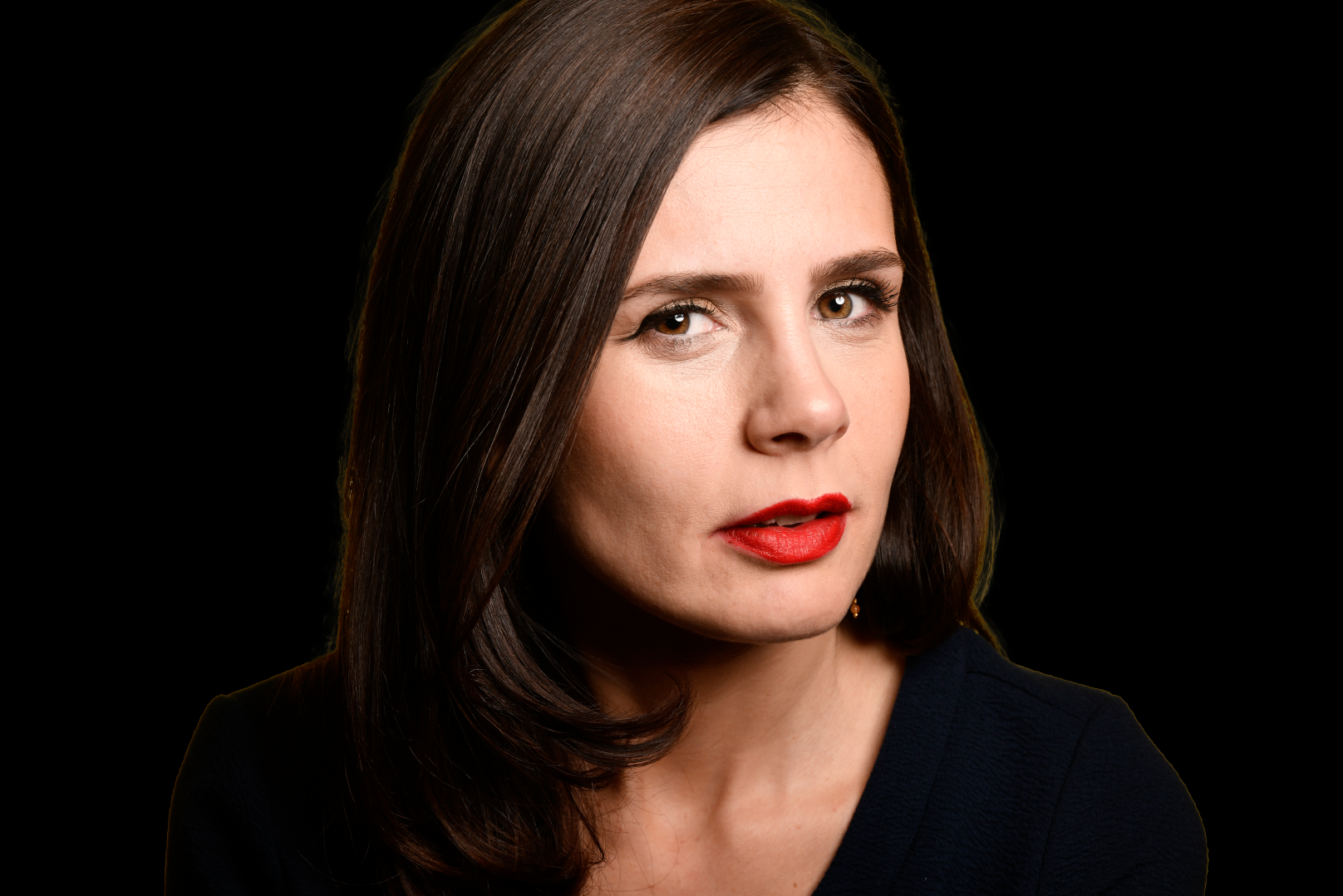
ANDRRA: Exploring Albanian rhapsodies gives meaning to my parents’ pasts and my own future
Chart-topping music artist discusses her upcoming album, folk music by women and cultural conformity.
"When I listen to rhapsodies, in one way, my past gets explained."

Dafina Halili
Dafina Halili is a senior journalist at K2.0, covering mainly human rights and social justice issues. Dafina has a master’s degree in diversity and the media from the University of Westminster in London, U.K..
This story was originally written in English.